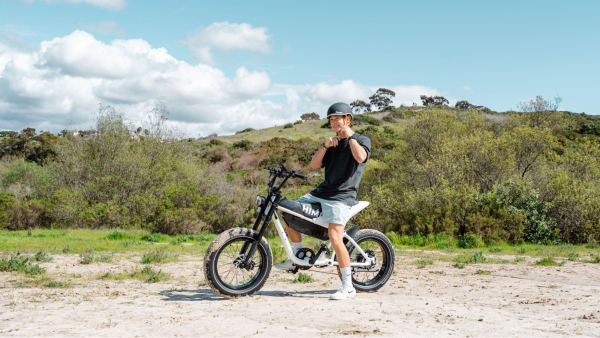Urban travel can feel like a daily puzzle shifting traffic, delayed trains, sudden downpours, and crowded sidewalks all competing for your time and attention. Yet with a few adaptable habits you can reclaim calm, cut minutes, and even carve out micro‑moments of productivity or reflection en route.
Plan Redundant Routes. Don’t rely on a single path. Save at least one alternate for bad traffic, service disruptions, or safety concerns. Note transfer points where you can easily switch modes bus to metro, bike share to rideshare, walk to tram.
Blend Modes Strategically. The best commute is often multimodal: cycling to a transit hub, riding rail for the long leg, then walking the final stretch. Short hops by scooter, shuttle, or micro‑transit can close “last‑mile” gaps that slow everything down.
Time the Flow. Shifting your departure by 10–20 minutes can dramatically change congestion. If your schedule is flexible, test different leave times for a week and log door‑to‑door duration; settle on the sweet spot. Factor in weather—rain and heat spikes slow surface modes.
Use Tech, But Verify. Navigation and transit apps are powerful, but live data can lag. Cross‑check predicted arrival times with actual platform displays and traffic cams when possible. Download offline maps so you’re not stranded when signal drops in tunnels.
Pack a Commute Kit. Lightweight essentials make urban movement smoother: portable charger, transit card or contactless payment, compact rain layer, reflective band or lights if you ride, reusable water bottle, and noise‑reducing earbuds for focus or calm.
Optimize for Personal Well‑Being. Use commute minutes intentionally: queue language lessons, meditation audio, or quick inbox triage (only when stationary and safe). Walking segments can double as daily step goals; cycling adds cardio.
Stay Aware & Adaptive. Scan your environment crowd flow, lighting, exits, security presence. Trust your instincts; if a station or street feels unsafe, reroute. Share real‑time location with a trusted contact on late trips.
Night & Weekend Recon. Off‑peak trips let you scout new bike lanes, station entrances, or park‑and‑ride lots without rush‑hour pressure. The knowledge pays off when minutes matter.
Review Quarterly. Cities change fast new bus lanes open, fares adjust, construction shifts traffic. Put a recurring reminder to revisit your commute setup every three months and refresh stored passes, maps, and emergency contacts.

